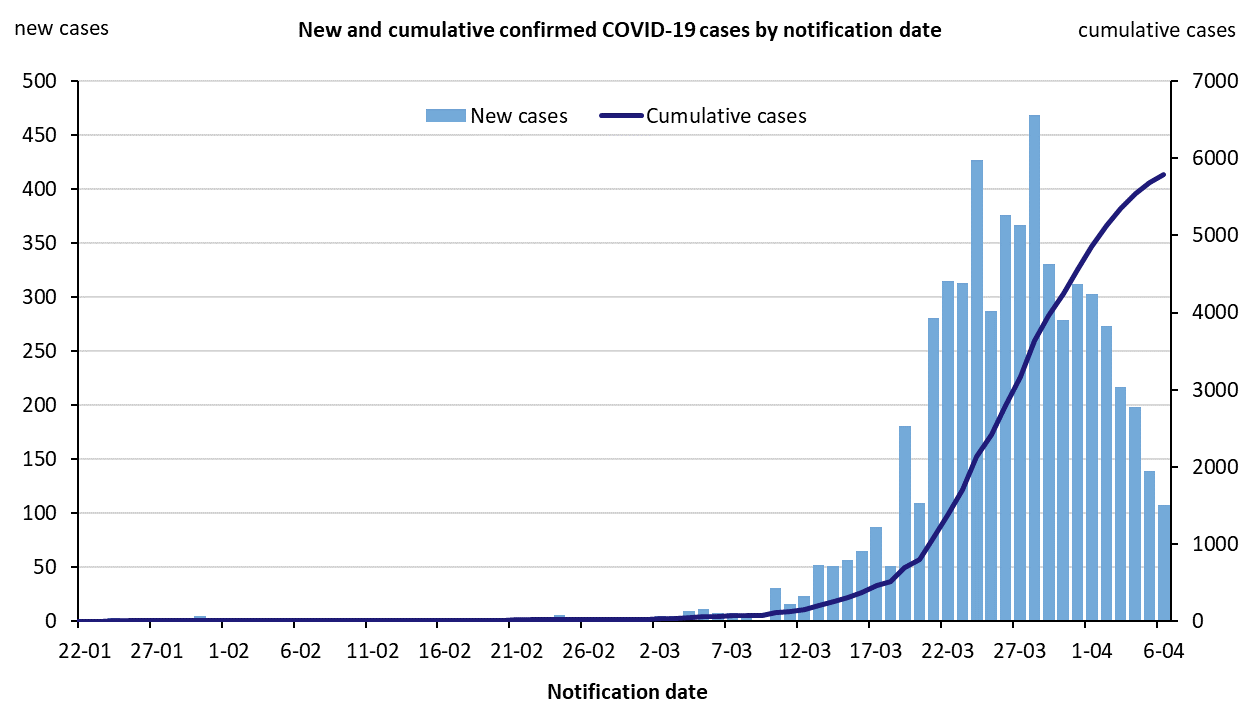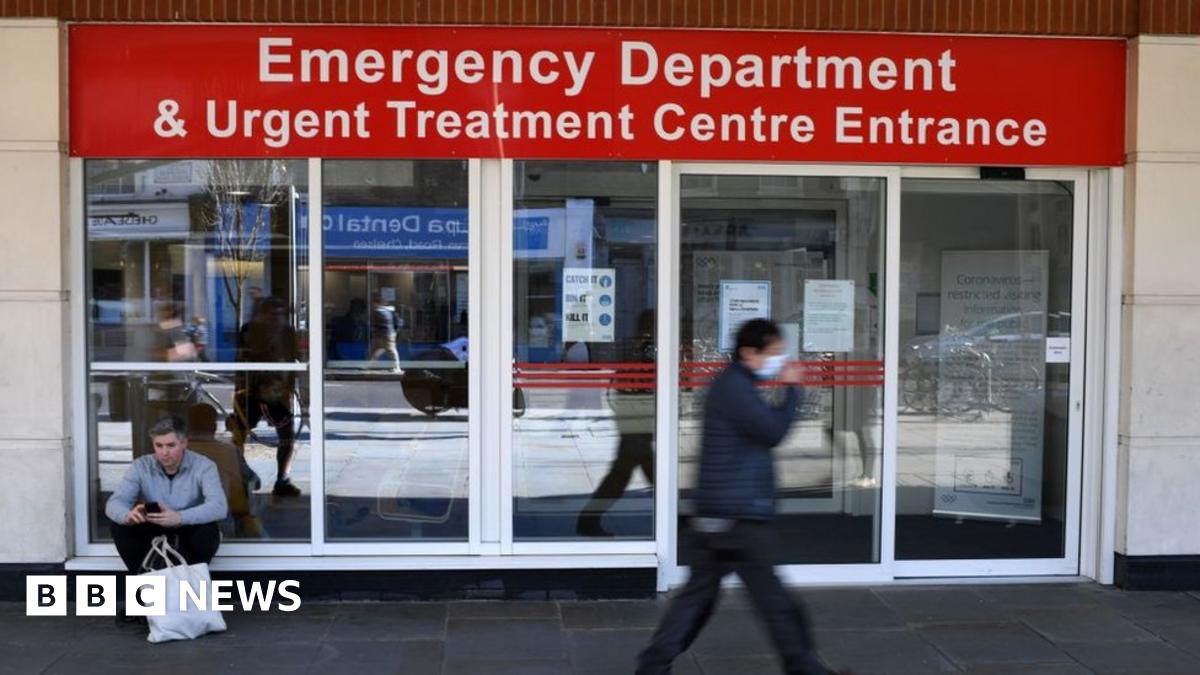I looked up her credentials. She's a Caregiver. She's NOT a Medical Professional like a Doctor or a certified Clinical Nurse.
I didn't think she was after about 30 seconds of watching. Usually a professional will have a more professional video.
I mean, come on, she wasn't even wearing a stethoscope.
I didn't bother watching the video...what I can say from my line of work is that while it sucks to have to be in a position to need mechanical ventilation, you absolutely can get back to living a normal life afterwards. Yeah, some people can experience complications, but a lot depends on how you were doing / what your co-morbid diseases are that got you there in the first place. Were you relatively healthy going in? You would likely be relatively healthy going out. (The problem is that the typical need for mechanical ventilation is because of severe chronic lung diseases, which do not have good long-term outcomes, which biases the survival rates.)
Just like "there are no atheists in foxholes" (I can't find a scientific study for that line, ha ha...), a lot of people not currently facing a tough decision like this mis-perceive the circumstances in which requiring mechanical ventilation would occur. A lot of the time it is used to just get the sick person over a critical hump, and after which they can then get discharged from a hospital. To say in advance, "I don't want to be hooked up to any machines ever to prolong my life" is a bit of an over-reaction, it really depends on the circumstances (such as what got you in that position, and can you expect to fully recover afterward).
Most people in the hospital facing such a choice do not "want to live forever," they would like survive long enough for some concrete, near-term goal, e.g., to see their kid graduate HS or college, or see a daughter get married, or see a grandchild get born. An intervention such as mechanical ventilation can help a lot of sick people achieve a goal like that.







